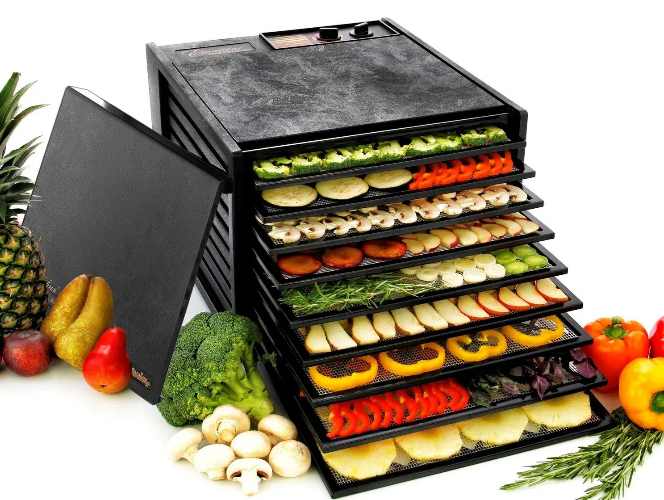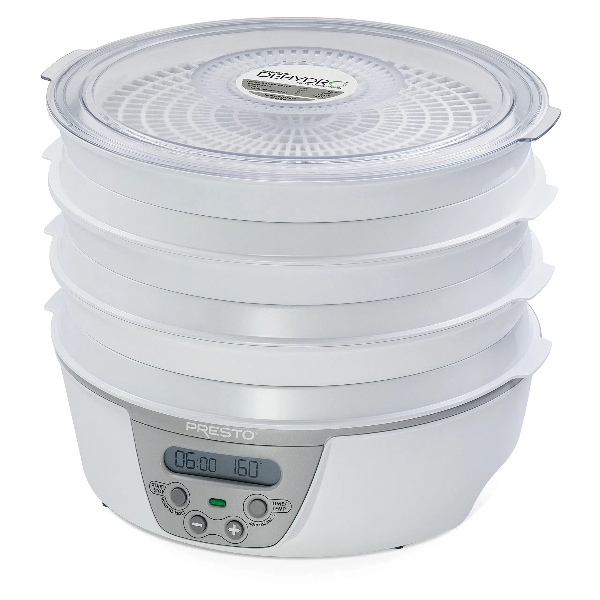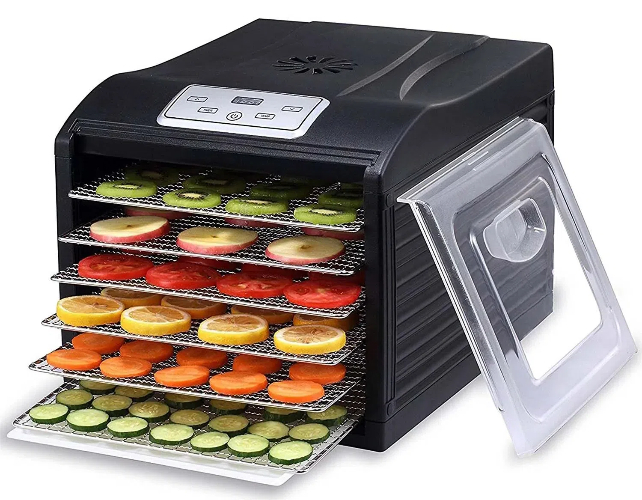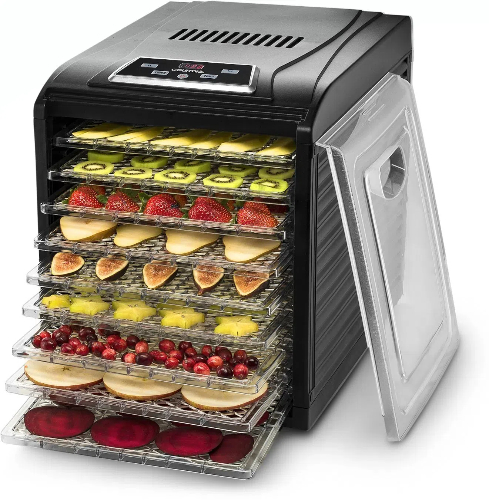
Content Menu
● Introduction
● What is a Heat Pump Dryer?
● Advantages of Using Heat Pump Dryers for Food Dehydration
● How Heat Pump Dryers Work
● Applications of Heat Pump Dryers in Food Industry
● Installation and Maintenance of Heat Pump Dryers
● Safety Considerations
● Conclusion
● Frequently Asked Questions
>> 1. What foods can be dried using a heat pump dryer?
>> 2. How does a heat pump dryer differ from a conventional dryer?
>> 3. Can heat pump dryers be used for commercial food processing?
>> 4. What maintenance is required for heat pump dryers?
>> 5. Are heat pump dryers safe for food dehydration?
Introduction
Food dehydration is a method of preserving food by removing moisture, which inhibits the growth of bacteria, yeasts, and molds. This process not only extends the shelf life of food but also concentrates flavors and nutrients. In recent years, heat pump dryers have emerged as a revolutionary technology in the food processing industry, offering a more efficient and effective way to dehydrate food compared to traditional methods.

What is a Heat Pump Dryer?
A heat pump dryer utilizes a refrigeration cycle to remove moisture from food. Unlike conventional dryers that expel hot air, heat pump dryers recycle air within a closed system, allowing for lower drying temperatures and reduced energy consumption. This technology is particularly beneficial for food dehydration, as it helps retain the nutritional value and flavor of the food.
Advantages of Using Heat Pump Dryers for Food Dehydration
Heat pump dryers offer several advantages for food dehydration:
1. Energy Efficiency: These dryers consume significantly less energy than traditional dryers, making them a cost-effective option for both commercial and home use.
2. Nutrient Preservation: The lower drying temperatures used in heat pump dryers help preserve vitamins and minerals that can be lost in higher heat drying processes.
3. Versatility: Heat pump dryers can handle a wide range of food items, from fruits and vegetables to meats and herbs, making them suitable for various applications.

How Heat Pump Dryers Work
The operation of a heat pump dryer involves several key components:
1. Evaporator: This component absorbs heat from the environment and evaporates refrigerant, which cools the air inside the dryer.
2. Compressor: The compressor increases the pressure of the refrigerant, raising its temperature.
3. Condenser: The hot refrigerant releases heat as it condenses back into a liquid, warming the air that is circulated through the dryer.
4. Fan: A fan circulates the warm air over the food, facilitating the drying process.
This closed-loop system allows for efficient moisture removal while maintaining a consistent temperature, which is crucial for effective food dehydration.
Applications of Heat Pump Dryers in Food Industry
Heat pump dryers are increasingly being adopted in various sectors of the food industry:
1. Commercial Food Processing: Large-scale food manufacturers utilize heat pump dryers to efficiently process fruits, vegetables, and meats, ensuring high-quality dried products.
2. Small-Scale Producers: Farmers and small businesses benefit from the versatility and efficiency of heat pump dryers, allowing them to produce dried goods for local markets.
3. Home Users: Home cooks and enthusiasts can use heat pump dryers to create healthy snacks and preserve seasonal produce.
Installation and Maintenance of Heat Pump Dryers
Proper installation and maintenance are essential for maximizing the efficiency of heat pump dryers:
1. Installation: Heat pump dryers should be installed in a well-ventilated area, away from direct sunlight and moisture sources. Following the manufacturer's guidelines is crucial for optimal performance.
2. Maintenance: Regular cleaning of filters and ensuring that the condenser coils are free from dust and debris will help maintain efficiency. Users should also check for any signs of wear and tear on components.
Safety Considerations
While heat pump dryers are generally safe, users should be aware of potential safety issues:
1. Overheating: Ensure that the dryer is placed in a well-ventilated area to prevent overheating.
2. Electrical Safety: Regularly inspect electrical connections and cords for damage to avoid fire hazards.
Conclusion
Heat pump dryers represent a significant advancement in food dehydration technology. Their energy efficiency, ability to preserve nutrients, and versatility make them an excellent choice for both commercial and home use. As the demand for healthy, preserved foods continues to grow, heat pump dryers will play an increasingly important role in the food processing industry.

Frequently Asked Questions
1. What foods can be dried using a heat pump dryer?
A variety of foods including fruits, vegetables, and herbs can be effectively dried using heat pump dryers.
2. How does a heat pump dryer differ from a conventional dryer?
Unlike conventional dryers, heat pump dryers recycle air and use lower temperatures, making them more energy-efficient and better for preserving food quality.
3. Can heat pump dryers be used for commercial food processing?
Yes, heat pump dryers are increasingly used in commercial settings due to their efficiency and ability to handle large volumes of food.
4. What maintenance is required for heat pump dryers?
Regular cleaning of filters and ensuring proper airflow are essential for maintaining efficiency.
5. Are heat pump dryers safe for food dehydration?
Yes, when used according to manufacturer guidelines, heat pump dryers are safe and effective for food dehydration.












